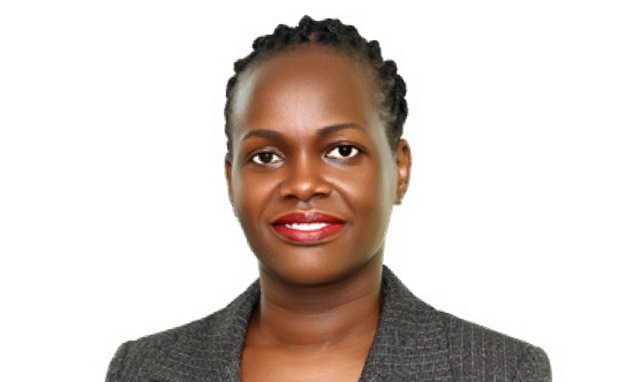
Kampala, Uganda | THE INDEPENDENT | Global Credit Rating Co ltd (GCR) has assigned Uganda Development Bank Limited (‘UDB’) national scale issuer private ratings of AA+(UG)/A1+(UG.) This is a notch below the highest possible rating with the outlook accorded as ‘Stable’.
At the same time, GCR has also assigned UDB an international scale long term issuer private rating of B with a ‘Stable’ outlook balancing for the operating environment to remain vulnerable to domestic and geopolitical instability.
GCR Ratings, an affiliate of Moody’s Investors Services is the leading ratings agency in Africa, accounting for the majority of all ratings accorded on the African continent. They provide critical insights into credit across a range of sectors in the continent, with local presence in Mauritius, South Africa, Nigeria, Kenya, and Senegal.
Positioned as the Government of Uganda’s policy financial institution, UDB’s interventions are targeted to the high priority sectors that are otherwise deemed riskier with low penetration of private credit.
These are Primary Agriculture; Agro-Processing; Manufacturing; Tourism and Hospitality; Health; Education; and Infrastructure. The Bank has built a long track record and support (both financial and non-financial) from the government has strengthened and as such the Bank has experienced rapid growth over the last 3 – 4 years, with total assets increasing twofold due to shareholder capital contributions that have been aimed at supporting countercyclical measures.
Commenting on the bank’s achievement, UDB’s Managing Director, Patricia Ojangole, welcomed GCR Ratings’ assessment as a true reflection of the national realities amidst challenging economic times specifically to the credit starved but critical sectors for Uganda’s development.
She said “UDB champions access to financial services with the aim of accelerating socio-economic development through sustainable financial interventions in line with the country’s development priorities. The assessment by GCR Ratings is a vote of confidence that the Bank’s processes are designed to enable timely access to credit which in the long run influences business growth and economic progress.”
“We also thank our shareholders, the Government of Uganda and all our stakeholders who have continuously supported and guided UDB towards the achievement of our goals. Over the next 12 months, the bank is set to maintain a mix of growth and asset quality management strategies as sustainability frontiers, leverage on the existing development partnerships while building a pool of sustainable funding lines as we inspire Uganda’s development.’’ Ojangole concluded.
The positive rating attained by UDB is an addition to last year’s performance where the bank was named Sustainability Leader of the Year 2022 in the 2022 Global Sustainable Finance Awards which were held in Germany.
******
Other key highlights from the GCR Ratings include the following.
- Capitalization is a ratings strength, reflected in the very strong GCR leverage ratio of 86% at FYE21, up 300bps from the prior year.
- UDB is a low leveraged entity with capital structure that is dominated by equity though the position is projected to decline albeit maintaining a strong level. GCR Ratings projects equity contribution to decline to around 65% over the next 12-18months, with continued countercyclical interventions.
- Funding is stable with equity dominating the capital structure, while debt funding is also long term with limited covenants.
- While funding is still modestly diversified, GCR Ratings expects to see gradual diversification over the medium term with a handful of new funders already in the pipeline.
- Liquidity on the other hand is good, supported by a liquid assets/total borrowings coverage of c.2.5x as at 31 Dec. 2021.
- The weighted average term of the loan book is considerably shorter than average term of funding and hence the Bank maintains positive asset/liability gap across all maturities.
Caution: According to GCR Ratings, asset quality presents a critical focus area for the bank.
The loan book is largely exposed to the agriculture sector (split between primary and Agro processing) and manufacturing representing 50% and 24% of total loans at FYE21 respectively, and GCR Ratings believes this exposure will continue to underpin trend in asset quality metrics over the Bank’s strategic horizon as the country (and the global economy) fights inflation, supply chain constrains, and comparatively slow recovery from the pandemic and the geopolitical tensions spurred by the Russia – Ukraine conflict.
*****
 The Independent Uganda: You get the Truth we Pay the Price
The Independent Uganda: You get the Truth we Pay the Price



